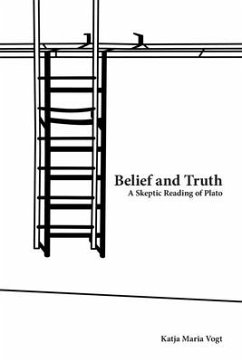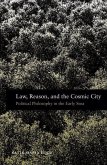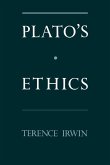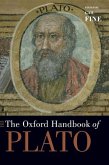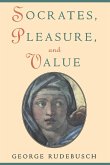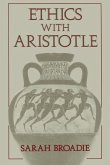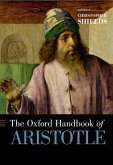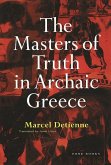Katja Maria Vogt's Belief and Truth: A Skeptic Reading of Plato explores a Socratic intuition about the difference between belief and knowledge. Beliefs -- doxai -- are deficient cognitive attitudes. In believing something, one accepts some content as true without knowing that it is true; one holds something to be true that could turn out to be false. Since our actions reflect what we hold to be true, holding beliefs is potentially harmful for oneself and others. Accordingly, beliefs are ethically worrisome and even, in the words of Plato's Socrates, "shameful." As Vogt argues, this is a serious philosophical proposal and it speaks to intuitions we are likely to share. But it involves a notion of belief that is rather different from contemporary notions. Today, it is a widespread assumption that true beliefs are better than false beliefs, and that some true beliefs (perhaps those that come with justifications) qualify as knowledge. Socratic epistemology offers a genuinely different picture. In aiming for knowledge, one must aim to get rid of beliefs. Knowledge does not entail belief -- belief and knowledge differ in such important ways that they cannot both count as kinds of belief. As long as one does not have knowledge, one should reserve judgment and investigate by thinking through possible ways of seeing things. According to Vogt, the ancient skeptics and Stoics draw many of these ideas from Plato's dialogues, revising Socratic-Platonic arguments as they see fit. Belief and Truth retraces their steps through interpretations of the Apology, Ion, Republic, Theaetetus, and Philebus, reconstructs Pyrrhonian investigation and thought, and illuminates the connections between ancient skepticism and relativism, as well as the Stoic view that beliefs do not even merit the evaluations "true" and "false."
Hinweis: Dieser Artikel kann nur an eine deutsche Lieferadresse ausgeliefert werden.
Hinweis: Dieser Artikel kann nur an eine deutsche Lieferadresse ausgeliefert werden.

